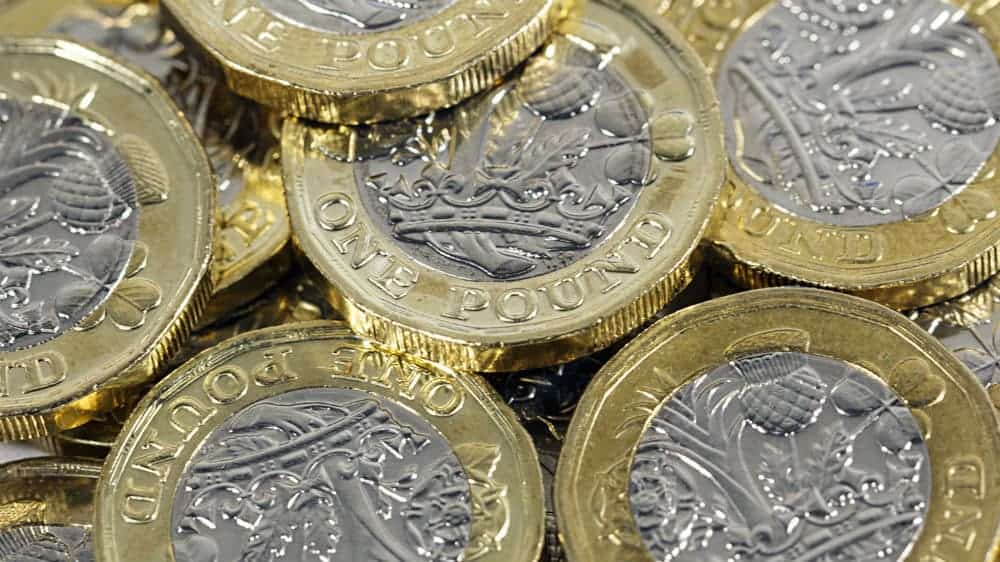The pound has surged to its highest level in months this week. This comes on the back of the failure of the Scottish National Party (SNP) to win a majority in the country’s elections. The outcome effectively rules out the possibility of a second independence referendum for Scotland for the time being.
Let’s explore this in greater detail and see what a rising pound could mean for your finances.
[top_pitch]
What has happened to the pound?
After posting a two-and-a-half-month peak of $1.4158 against the dollar on Monday 10 May, sterling has steadied at around the $1.41 mark this week. Just last week, it was trading at lows of $1.38.
Sterling also rallied to a one-month high of €1.1642 against the euro on Monday, which it has since surpassed.
At the time of writing, the pound is trading at $1.4119 and €1.1648.
Why is sterling rising?
According to market analysts and experts, the rise of the pound is likely to have been helped by election results in Scotland.
First Minister Nicola Sturgeon’s pro-independence SNP won 64 seats in the Scottish parliament. This was one short of the 65 needed for a majority.
According to John Hardy of financial trading platform Saxo Markets, this failure to secure a majority essentially “takes the steam out of the mandate for a new Scottish independence referendum”.
It means that investors are now more confident that Scotland will remain in the Union.
Nevertheless, SNP leaders have come out to signal that a second referendum is still on their agenda. The Times quotes Sturgeon as saying that a referendum is a “matter of fundamental democratic principle”.
However, analysts are in agreement that concerns about a possible second independence referendum are more of a long-term worry than anything to be concerned about now.
As Hardy says, the Scottish Referendum “is being seen as so far over the horizon that it’s not worth pricing in any worry right now”.
Further movements in the pound will likely depend on how the economy performs in the near future.
Currently, the forecast is that the economy is set for its biggest boom since the post-war period. This means that the pound could be in for even better times ahead.
[middle_pitch]
What could a stronger pound mean for your money?
A rising pound can be both good and bad news for your money.
A stronger pound means that your money is likely to go further when you are buying from abroad. You are also likely to pay less when shopping for imported items at your local supermarket. However, this is only if the supermarket decides to pass on the lower costs of imported goods to customers.
A rising pound also means that you could get more currency to spend when you go on holiday abroad.
If you want to stretch your money even further when on holiday, consider taking out a travel credit card. You will not only be able to get the best exchange rates of the day, but you will also not incur extra charges for non-sterling transactions and cash withdrawals.
Another advantage of a stronger pound is that fuel prices may fall. This is because fuel is usually traded in dollars.
Unfortunately, the news isn’t all good, especially when it comes to investments. If you own shares in a US company, for example, the value of your investment will be lower in sterling than before, as will any dividends paid out.
There is, however, a way to hedge against currency fluctuations affecting your investment in the future. You can do this by making sure that your portfolio is well-diversified geographically. With this approach, currency fluctuations in different parts of the world that might affect the overall value of your portfolio will balance out over time.







